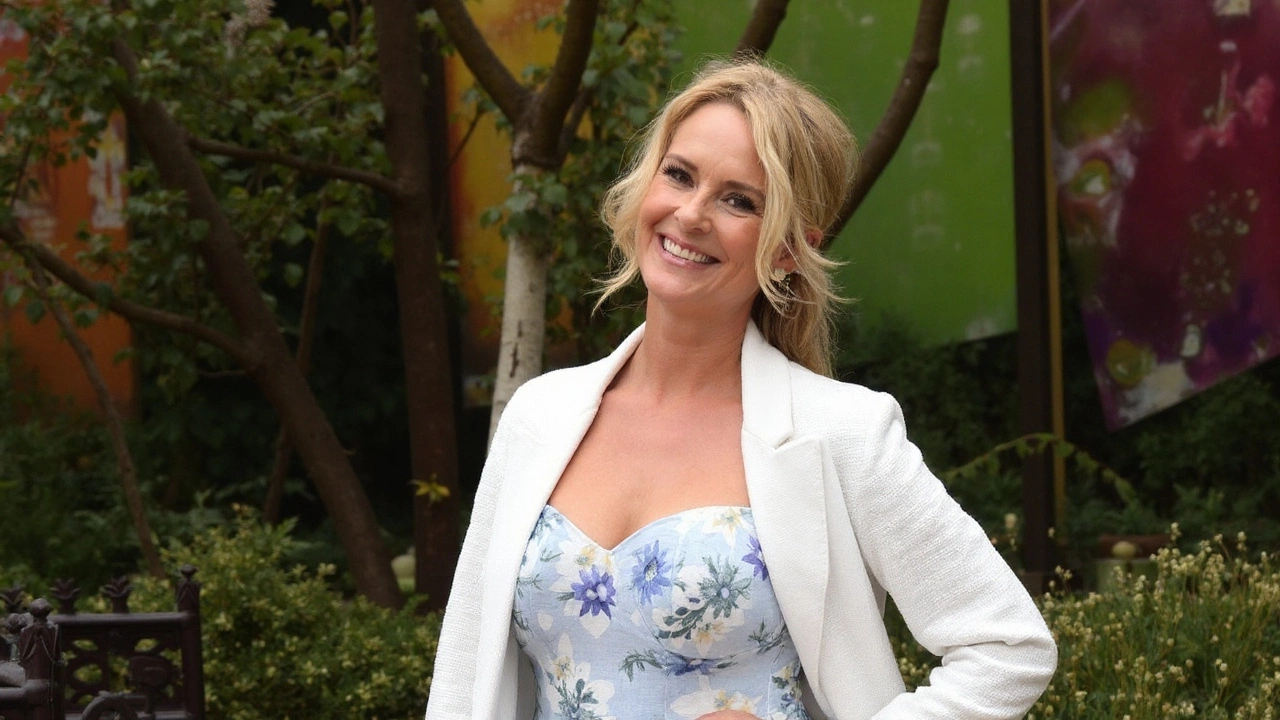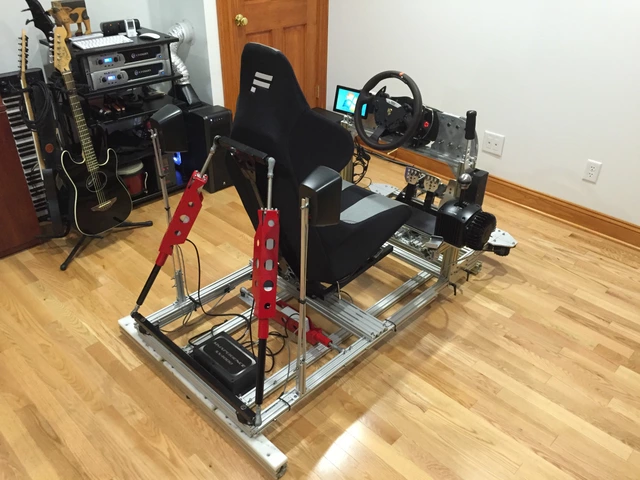Women's Health Campaign: What It Is and How You Can Help
When you hear the words "women's health campaign" you might picture a big event or a fancy poster. In reality it’s a series of simple actions that anyone can join. The goal is clear: raise awareness, provide resources, and push for changes that improve women’s health every day.
Why does it matter? Women face unique health challenges, from reproductive issues to heart disease, that often get less attention than they deserve. A focused campaign shines a light on these problems, helps people spot early signs, and makes sure doctors listen. The more people know, the quicker they can act.
Easy Ways to Get Involved
You don’t need a big budget to make a difference. Start by sharing reliable information on social media. A quick post about breast‑self‑exam steps or a link to a free screening service can reach dozens of friends. If you have a local community center, ask if they’ll host a short talk or a health‑check booth. Even a coffee‑break chat in the office can spark interest.
Volunteer for events that the campaign organizes. Whether it’s a walk‑run, a webinar, or a school presentation, putting your time on the line helps the message travel further. Many campaigns also need help with logistics – setting up tables, handing out flyers, or taking calls from people who have questions.
Resources You Can Use Right Now
Most women's health campaigns partner with clinics, NGOs, and online platforms. Look for free screening days in your area, especially for breast and cervical cancer. If you’re not sure where to start, a quick search for "women's health free screening" plus your city name will give you a list of options.
There are also hotlines and chat services that answer health questions without a doctor's appointment. Bookmark a few of these resources and keep them handy for yourself or anyone who asks. Having accurate info at your fingertips makes it easier to spread the word.
Finally, consider donating if you can. Even a small contribution can fund educational materials or travel costs for health professionals who visit rural areas. Some campaigns accept donations of supplies like menstrual products or vitamins – items that make a real difference in daily life.
Remember, a women's health campaign works best when it feels personal. Share a story, ask a question, or simply listen to someone’s experience. Those moments build trust and turn a campaign from a slogan into real change.
So, what’s your next step? Pick one of the ideas above, set a small goal for the week, and jump in. The more people who join, the louder the message becomes, and the faster we’ll see better health outcomes for women everywhere.

Penny Lancaster’s Candid Autobiography ‘Someone Like Me’ Set for September 2025 Release
Loose Women panellist and women's health advocate Penny Lancaster announces her new memoir, ‘Someone Like Me’, due 25 September 2025. The book opens up about dyslexia, bullying, sexual assault, fashion success, family life with Rod Stewart, health campaigning, and personal battles with depression and menopause, all told with humor and empathy.
CONTINUE READING



